Oh, they say, peering in from the doorway and sniffing gingerly. Oh, I see. Base Camp –– a slightly tarted up camper-trailer that's perched on a bluff at the Would-Be farm –– has served our housing needs with economy. Five years into this adventure, the initial cost and renovations make Base Camp work out to something like $250 a year.
Well, a couple of things, but the one thing about which I shall complain this day? An elderly camper trailer has very little insulative chutzpah. Wind whistles through the windows. When it's chilly, an optimist would call it excellent sleeping weather. But in the morning, when the time comes to emerge from that cozy nest of down-filled comforters, hot-water bottles, and wool blankets?
We've lived through a large home improvement project, but we never hired someone to build from scratch before. Or at this kind of long distance. It proves a predictably nerve-wracking experience. I send a check and got a description of the new well (420 feet deep! Dang!) and the pump. Months pass. The contractor is abstemious with the photos, which might be a strategy for managing his customers. I send a cheerful, encouraging text: "Don't be afraid to send photos, even if nothing is going on!" The contractor replies "K!" And maintains radio silence. For a Christmas present, my sister takes a field trip to the site and snaps some photos. Late in January, the contractor sends an exciting visual update: The suspense! The planning! Ooo la la.
6 Comments
They show up. How cool is that? I may have planted these columbines.
I might have planted them last year. They might have been growing for decades, regardless my interference or ambitions. One of the downsides of being an absentee farmer is that things happen –– and don't happen –– without our being there to witness it. Sometimes we do. Scientific name: Sapindaceae Lichi. Yeah, okay, I know lychee-tinis are SO 2012. But a lychee smoothie? With vanilla almond-milk and crushed ice? Lychee warm from the tree, with the leathery rind splitting under the pressure of a thumb? Or a plain frozen slurry of lychee, gobbled straight from the cup? Some fruits are easy: drop a loquat seed –– Japanese plum, or Eriobotrya Japonica –– into the ground and before long, you have fifteen of the things (maybe fewer if you were a more conscientious weeder, but there you go...). And likewise, buckets of the nice juicy yellow fruit. We eat them straight off the tree, bending at the waist to avoid the unavoidable sloppy drips. So many shirts at our house have been transformed into "work shirts" by the application of loquat juice. Other fruits –– once you see them as fruits –– are even easier to grow. Try stopping staghorn sumac (Rufus typhena). Plant blackberry canes, forget about them, come back a few years later and they (Rosascea family) have established a stable government, border security, and a thriving economy. Others, like apples at the Would-Be Farm, are fussier and more delicate. In Florida, I think the fussy ones are the lychees. (We'll avoid the idea of citrus, what with canker and citrus greening and my neighbor with the Roundup through the fence.) We've planted a couple of lychees, but they break your heart: plenty of leaves, but year after year no fruit at all. Mr. Linton occasionally brandishes the loppers and tells the tree: "Fruit or these. Your choice." Over the past ten years or so, when the weather and the trees actually do produce a crop, roving thieves have stripped the tree of fruit overnight. Seriously, stealing fruit from my very lawn. It's enough to make a mare bite her colt.
|
About the Blog
A lot of ground gets covered on this blog -- from sailboat racing to book suggestions to plain old piffle. FollowTrying to keep track? Follow me on Facebook or Twitter or if you use an aggregator, click the RSS option below.
Old school? Sign up for the newsletter and I'll shoot you a short e-mail when there's something new.
Archives
June 2024
Categories
All
|
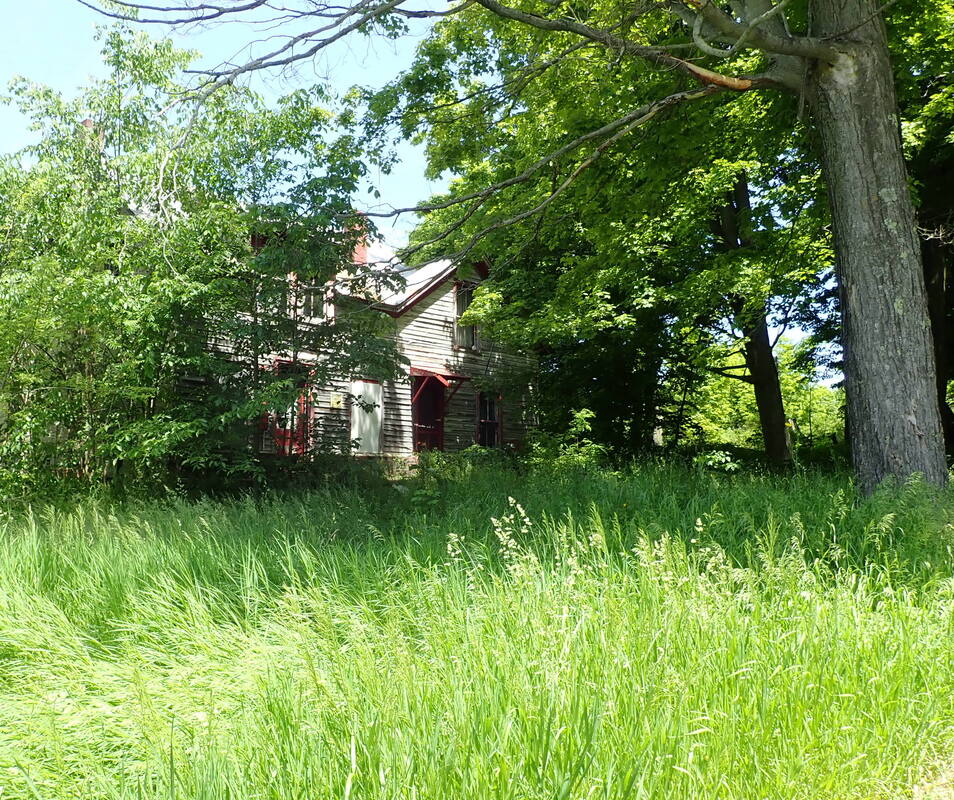
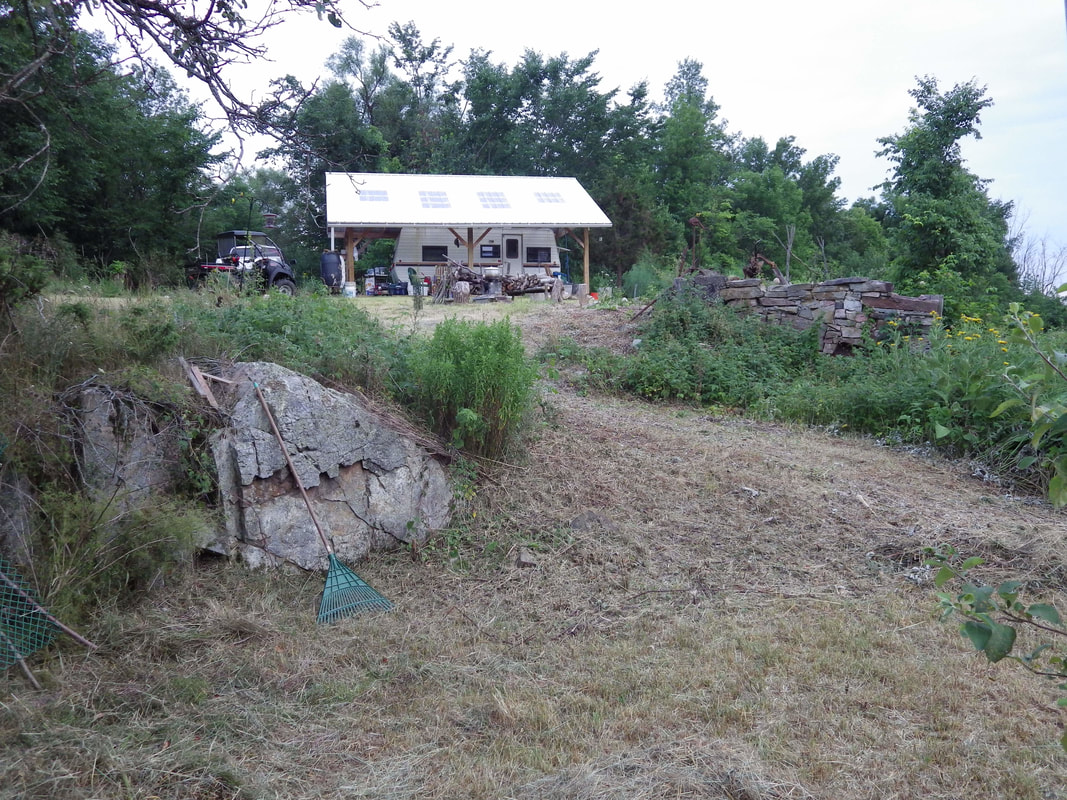
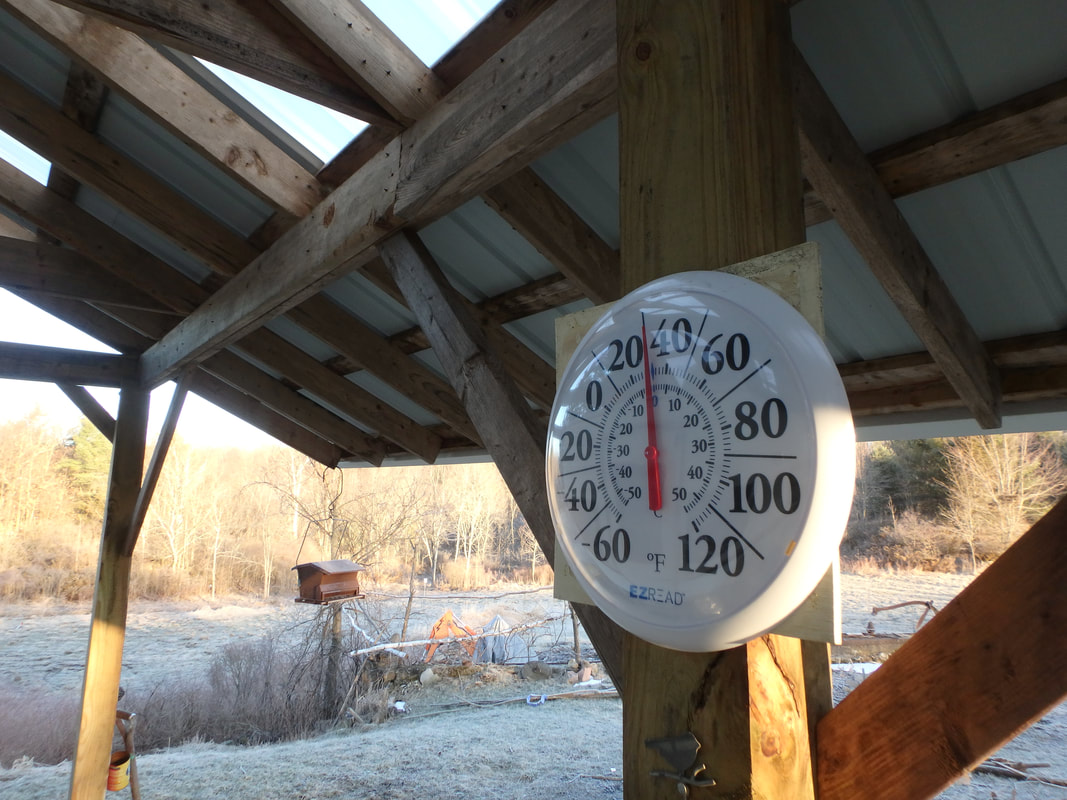
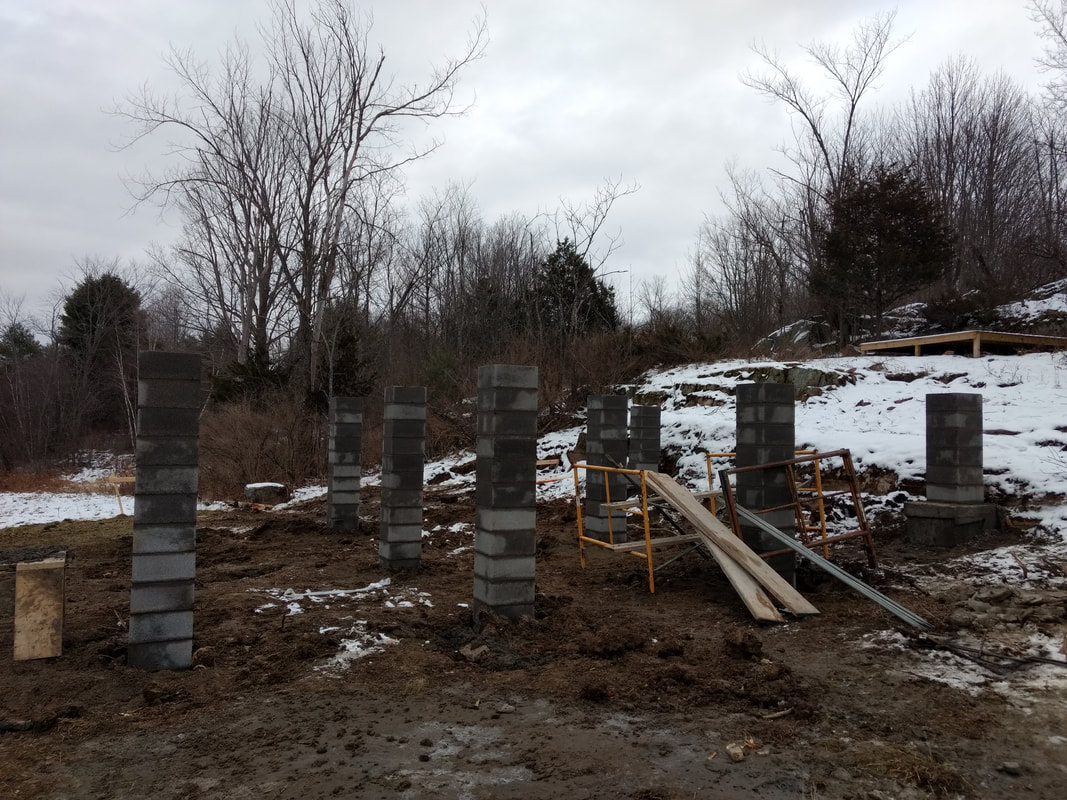
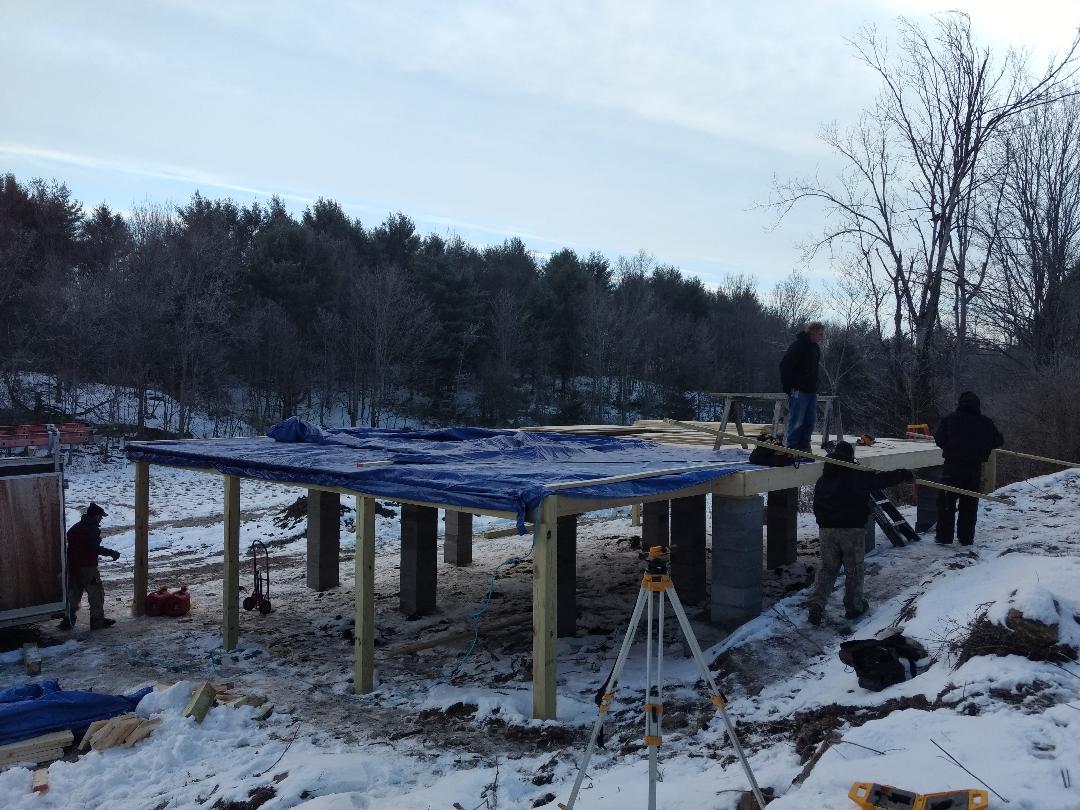
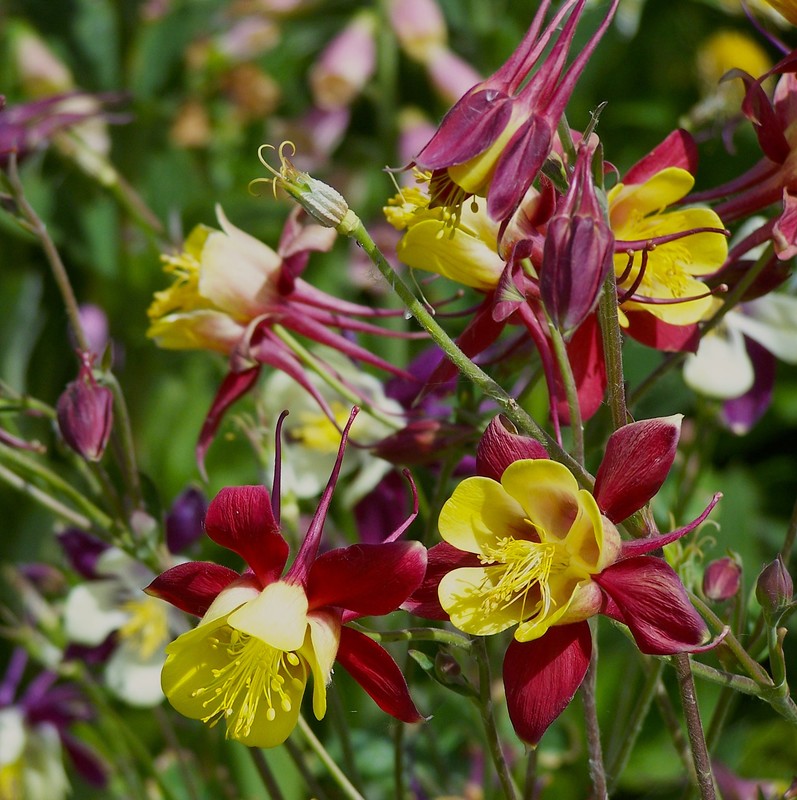
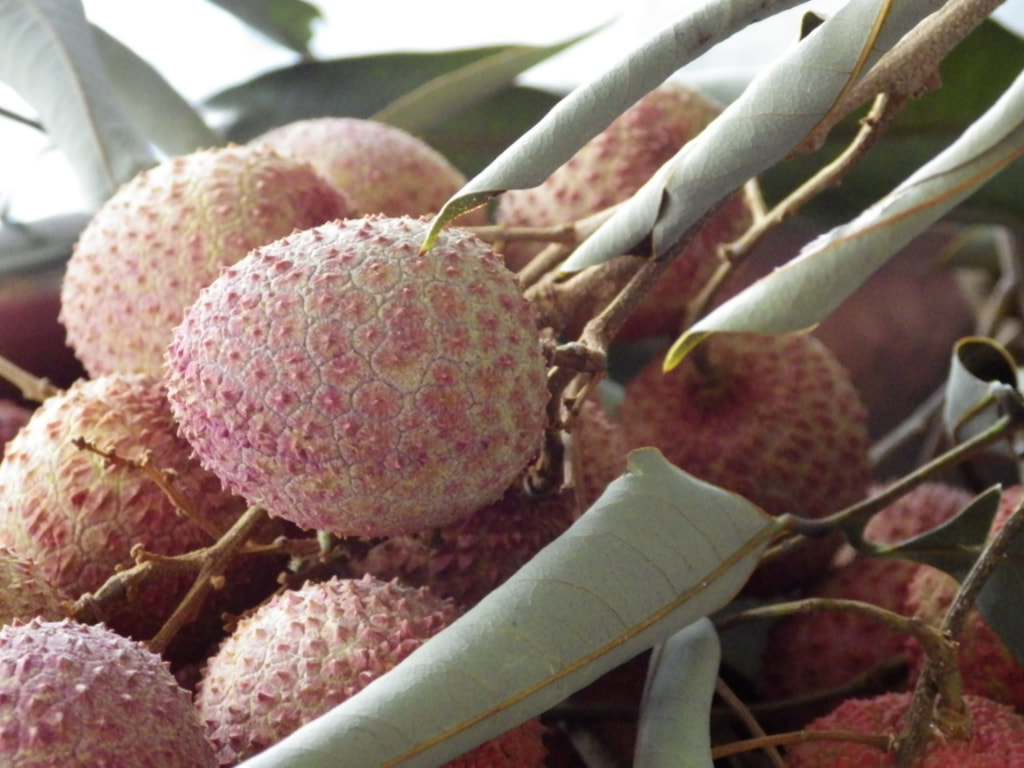
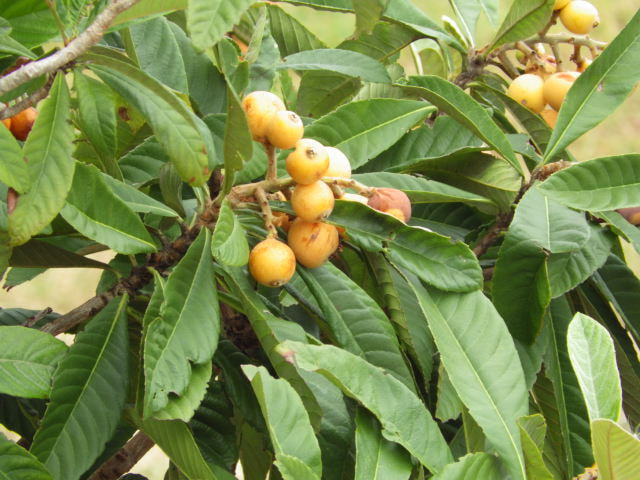
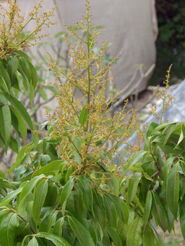
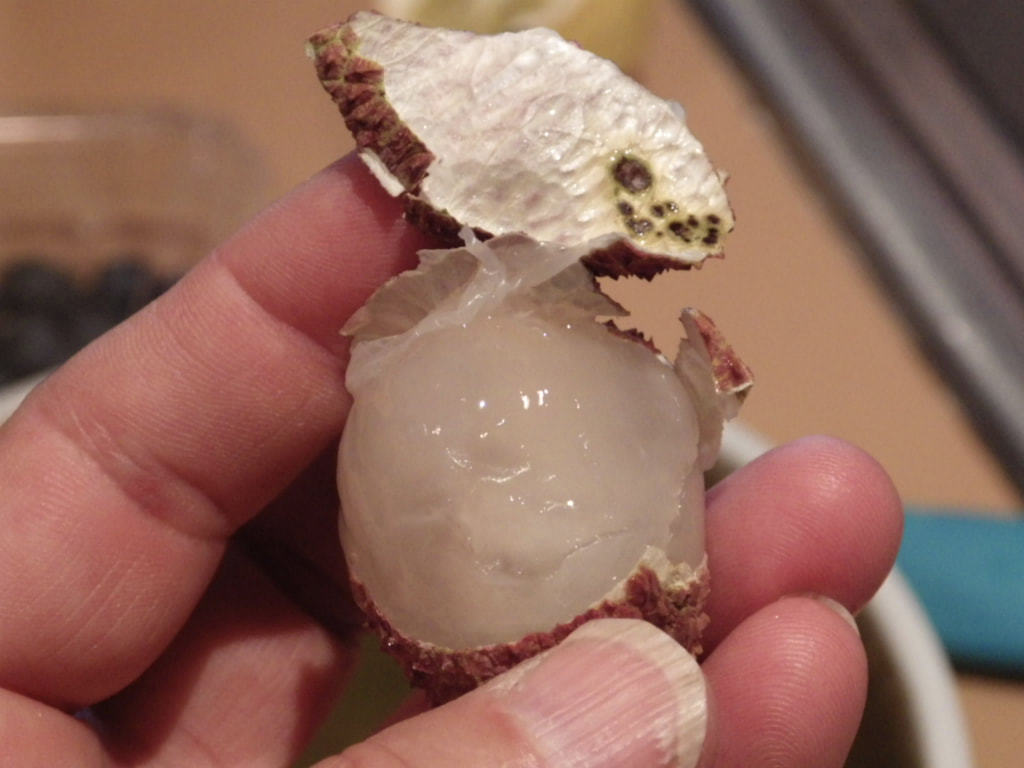
 RSS Feed
RSS Feed
